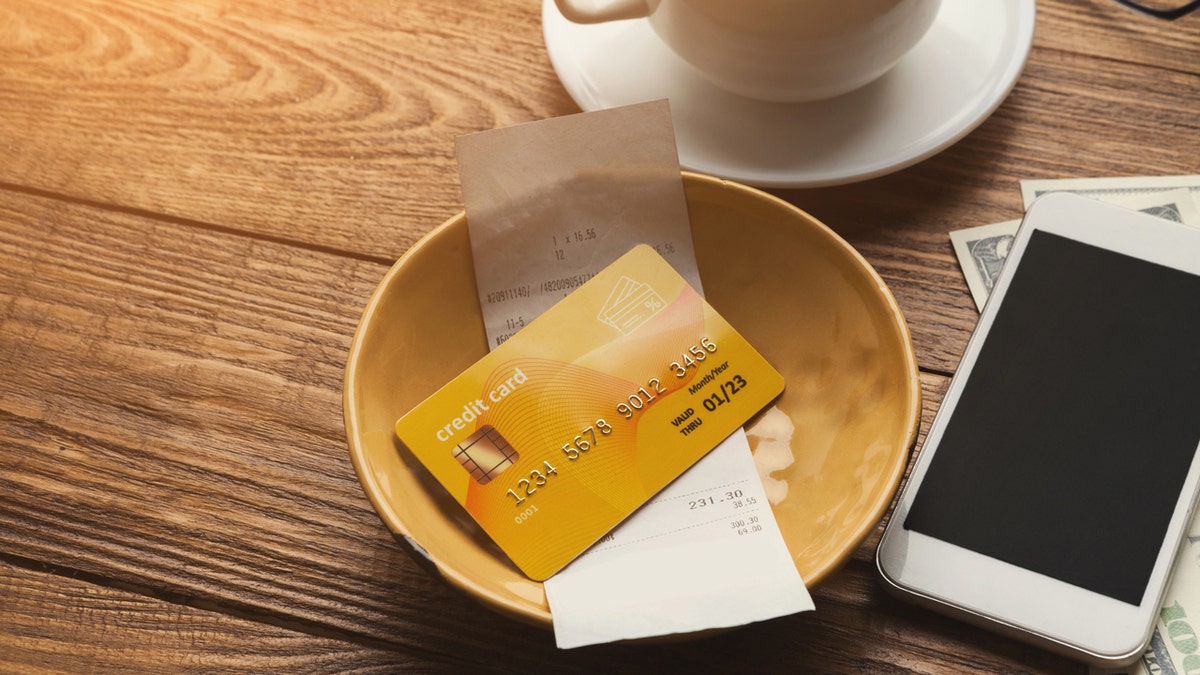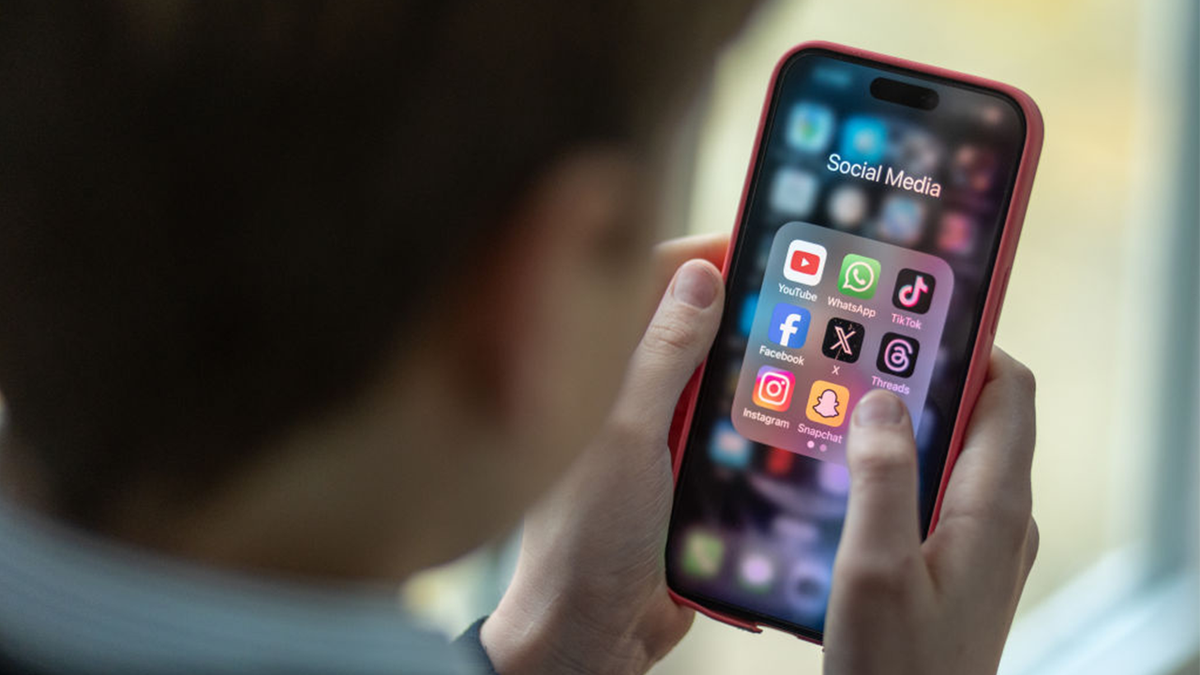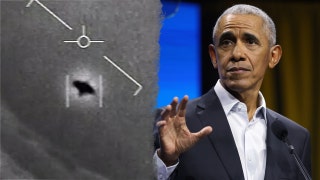Americans are doom spending to cope with the election and economy
CNN reported on Monday how more Americans are "doom spending" due to anxiety about the presidential election and the state of the economy.
"Doom spending" is the latest economic trend among young Americans, though it certainly isn’t a good one.
A CNN report found millennial and Gen Z shoppers across social media taking part in the act of "doom spending" or "the practice of spending money to soothe fears about broader issues like politics or the economy."
CNN correspondent Vanessa Yurkevich reported Monday, "What we‘re seeing is that showing up in doom spending. Essentially, if you‘re not feeling good about the economy, you feel like maybe that home purchase that I was trying to make is so far out of reach that I‘m going to spend in other ways to try to make me feel better."
She continued, "Or if you‘re not feeling the results of the presidential election, you may spend a little bit to try to take your mind off things. It‘s that dopamine hit that you‘re looking for to start to feel good again."

Young Americans are reportedly making more impulsive purchases despite having concerns about their economic future. (iStock)
AMERICANS WANT TO SEE TRUMP ADDRESS ECONOMY, INFLATION UPON RETURN TO WHITE HOUSE
Yurkevich warned this could backfire if the habit is not controlled. She reported about half of Americans are carrying some form of debt and over $1.1 trillion worth of credit card debt in the country.
In a comment to Fox News Digital, Anthony Miyazaki, a professor of marketing at Florida International University, agreed there seemed to be an uptick in doom spending in part due to "uncertainty both prior to and after the U.S. elections [which] has increased anxiety for many people."
He said, "These consumers rationalize their large expenditures by saying that if they don’t spend now, they aren’t sure they’ll be able to spend like this in the future due to changing economic conditions."
"Because doom spending involves negative perceptions of what the future holds, it can evolve into a self-fulfilling prophecy of sorts because the spending itself often leads to worse economic conditions for the consumer," Miyazaki remarked.
He added social media bombardment and the upcoming holiday season as other factors to these spending habits. However, he suggested the habit could be beneficial to the economy so long as it’s controlled.

Americans have racked up over $1.1 trillion worth of credit card debt. (iStock)
"Considering the intensity of the recent political campaigning and all the negative emotions people have been feeling, if a doom spending session is what it takes to ease those worries, perhaps it’s not as grim as it appears as long as shoppers can afford those credit card payments going into the coming year. After all, spending spurs economic growth and now doom spenders can pat themselves on the back for doing their part to stimulate the economy," Miyazaki said.
By contrast, Aaliyah Kissick, a Gen Z financial literacy advocate, argued that the real problem was social media addiction and targeted advertising on platforms.
"You have children who are becoming addicted to social media, who are growing up, and that leads to doomscrolling. So that kind of is where we're at now with doomscrolling and then with TikTok becoming hyper addictive," she told Fox News Digital. "That short form content, the algorithm took these already pretty habituated people who have been using social media pretty much their entire adult lives and also most of their teenage lives and introduced them to this. It's like a digital drug, essentially, if you are combining purchasing seamlessly with the videos."
THE BIG ISSUE ‘HURTING EVERYONE’ THAT WILL DEFINE THE 2024 ELECTION, ACCORDING TO AMERICANS
She pointed out how similar economic situations such as the 2008 recession did not result in this kind of doom spending, with most people usually saving money during that time.
She continued, "It creates a situation where you're not even acting in your own best interest. If you're addicted to scrolling, and it's really easy to purchase and if you have lost your decision fatigue, you are so tired that you just aren't capable of saying no anymore and stopping yourself. You'll just click. You want instant gratification. You'll just do it. And that's what these social media addicts are doing. They're just clicking."

Some economic experts cited social media addiction as a factor in "doom spending." (Getty Images)
For out-of-control spending, Yurkevich offered some tips on how to handle difficult situations without resorting to impulsive shopping, including getting off your phone and recognizing if you're making purchases to simply fill an "emotional void."
"Re-evaluate your relationship with money," Yurkevich said. "Stop engaging with all the bad news out there. If you need to be on your phone, call a friend instead. And there are other ways to get this dopamine hit that you might get through retail therapy. Exercise classes, maybe hugging a dog or a cat … It is really important to note if this is a one-off for people, or if this is something that you‘re doing that will really impact your bottom line."









































